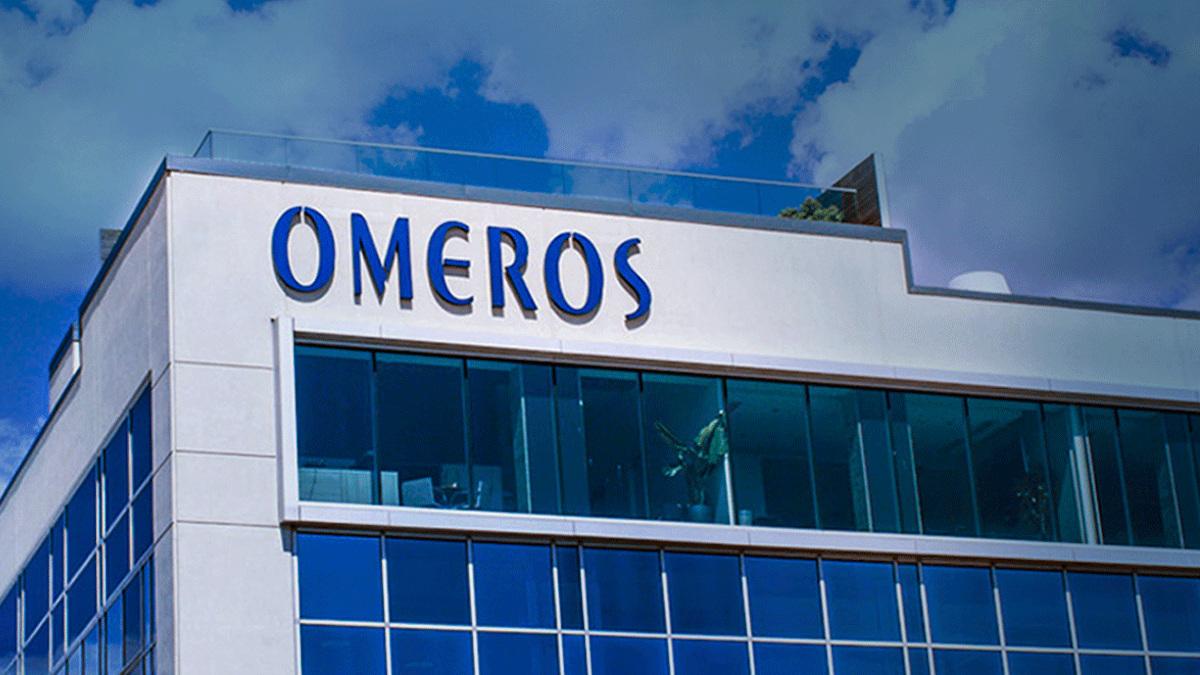ASH: AZ’s danicopan shows long-term benefit in PNH

New data with AstraZeneca’s oral Factor D inhibitor danicopan have built the case for the drug as an add-on to complement C5 antibodies for the treatment of paroxysmal nocturnal haemoglobinuria (PNH) as it makes its way through regulatory reviews.
Updated results from the phase 3 ALPHA trial have shown that adding the drug to AZ’s C5 inhibitor Soliris (eculizumab) or longer-acting follow-up Ultomiris (ravulizumab) achieved significant improvements in mean haemoglobin levels and absolute reticulocyte count (ARC) levels compared to either of the C5 drugs used on their own in patients with PNH who experience extravascular haemolysis (EVH) – breakdown of red blood cells in the spleen, bone marrow, or liver.
In PNH, the body’s complement system destroys red blood cells leading to anaemia and fatigue and, in some cases, patients need regular blood transfusions. It responds well to C5 inhibitor treatment, but in some cases treatment with C5 drugs can result in changes to red blood cells that mark them for destruction, leading to continued symptoms of anaemia and transfusions.
The new data reported at the American Society of Haematology (ASH) congress shows that the benefit of danicopan in these patients seen at 12 weeks in the ALPHA study, which underpinned regulatory filings, has been extended to 48 weeks.
Along with sustained improvements in haemoglobin levels for up to 48 weeks, danicopan also helped maintain disease control, as measured by lactate dehydrogenase levels, a biomarker for red blood cell destruction, said lead investigator Austin Kulasekararaj of King’s College Hospital in London, UK.
This new data further demonstrates "the potential of danicopan as an add-on to Ultomiris or Soliris to address the needs of the small subset of patients with PNH who experience clinically significant EVH,” he remarked.
If approved, danicopan could become the first oral Factor D inhibitor to reach the market and become an option for the approximately 10%-20% of people living with PNH and treated with a C5 inhibitor who experience clinically significant EVH.
AZ acquired rights to danicopan as part of its $39 billion acquisition of Alexion in 2021, which also gave it Soliris and Ultomiris, and the drug is viewed as a way to shore up the PNH franchise as it faces competition from the likes of Novartis’ oral targeted factor B inhibitor Fabhalta (iptacopan), Apellis’ C3 inhibitor Empaveli (pegcetacoplan), given by subcutaneous infusion, and Roche’s subcutaneous C5 candidate crovalimab.
In the first nine months of this year, AZ reported sales of Soliris were down 15% at constant exchange rates to $2.43 billion – ahead of an expected loss of patent protection from 2025 – with Ultomiris growing 58% to $2.14 billion thanks to its reduced dosing frequency.
Danicopan is also being tested in phase 2 for geographic atrophy, a leading cause of vision loss, which could open up a much larger market for the drug.













